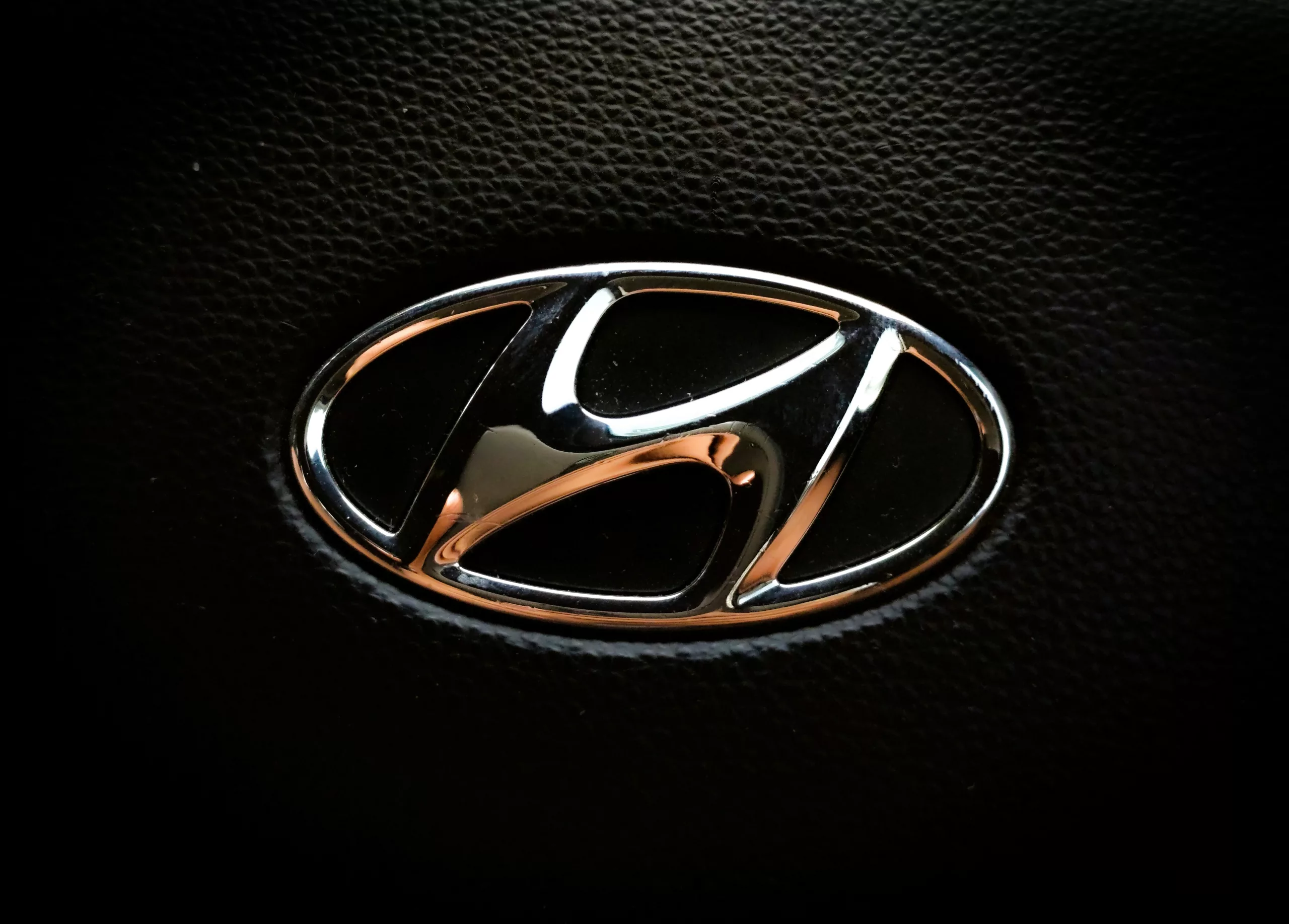Hyundai is taking a leap forward in the electric vehicle market with their latest collaboration with Toray Industries, a specialist in advanced materials. The duo is keeping the specifics under wraps, but it’s highly likely that carbon fiber technology will play a central role in their partnership, introducing a new era of lightweight and energy-efficient vehicles.
Introducing Carbon Fiber to EVs
Carbon fiber boasts a reputation for its strength and minimal weight. In the context of electric vehicles, it serves as a beacon of efficiency, where lighter vehicles translate to higher energy economy. Nevertheless, incorporating carbon fiber into EVs is not without its challenges. Despite its origins in petrochemicals and requiring significant energy to produce, carbon fiber is seen as a crucial element in achieving a more sustainable transportation future.
The U.S. Department of Energy (DOE) has long championed carbon fiber as a transformative resource. They’ve highlighted that vehicles could potentially see weight reductions by 50% and gain a 35% uptick in fuel efficiency with carbon fiber composites. This suggests a promising horizon for the integration of carbon fiber into the world of clean energy and transportation.
Striving for Sustainability
The DOE’s push for sustainability has led to research for replacing petrochemicals in the carbon fiber supply chain with biobased alternatives. Significant strides have been made, like the National Renewable Energy Laboratory‘s (NREL) pioneering biobased method to produce acrylonitrile, a key precursor in carbon fiber production. This new method promises fewer toxic byproducts and utilises bio-based feedstocks.
While the journey to commercializing biobased carbon fiber continues, companies like Toray remain on the forefront, continuously enhancing the green credentials of carbon fiber through initiatives like the development of recycling systems and investigation into sustainable materials.
In Pursuit of Green Mobility Solutions
Progress in sustainable carbon fiber might be incremental, but research, such as Texas A&M University‘s work on sorghum-based carbon fibers, keeps the sector moving forward. Toray, the world’s leading carbon fiber manufacturer, is not only paving the way in the production of this material but also seriously venturing into sustainable practices and recycling efforts.
With a focus on eco-friendly materials, Toray anticipates revolutionizing green transformation and advanced mobility, recognizing the importance of sustainability in future economic models.
The Race for a Competitive Edge in EVs
Hyundai, through its strategic partnership with Toray, aims to harness the power of carbon fiber to outpace competitors in the mobility landscape. This alliance is expected to generate innovative components for electric vehicles, from fiber-reinforced polymers in motors to cutting-edge battery technologies.
However, Hyundai isn’t the only player in the game; many other automakers are actively incorporating eco-conscious materials into their vehicles, including Ford‘s use of ocean plastics and Volvo‘s partnership with Bcomp for flax-based composites.
While fully biobased carbon fiber remains on the horizon, its potential applications extend beyond vehicles, perhaps making future appearances in sustainable construction materials or even in motorsports advancements, as seen with McLaren’s use of recycled carbon fiber.
The evolving landscape of electric vehicles is exciting and ever-changing. As research and innovation surge forward, we’re bound to see more groundbreaking developments in the use of sustainable materials in the automotive industry.
